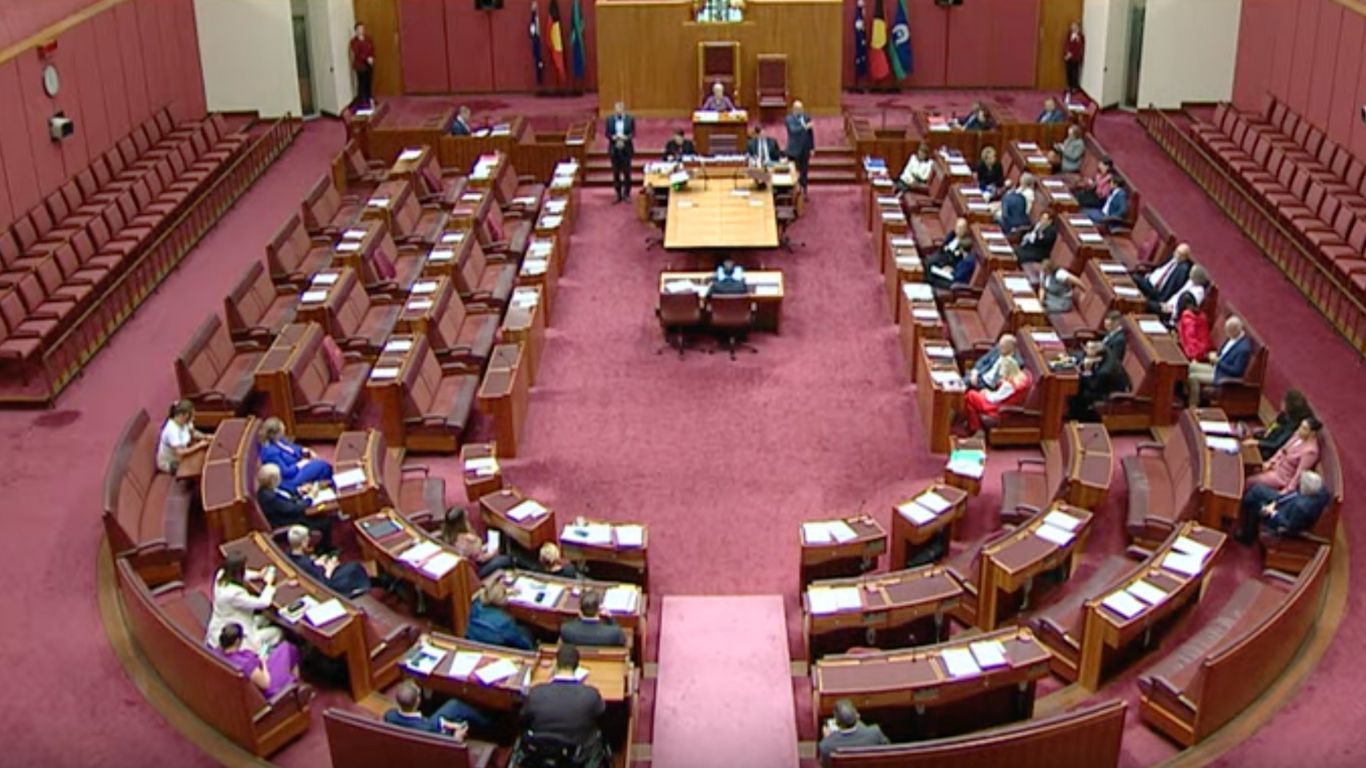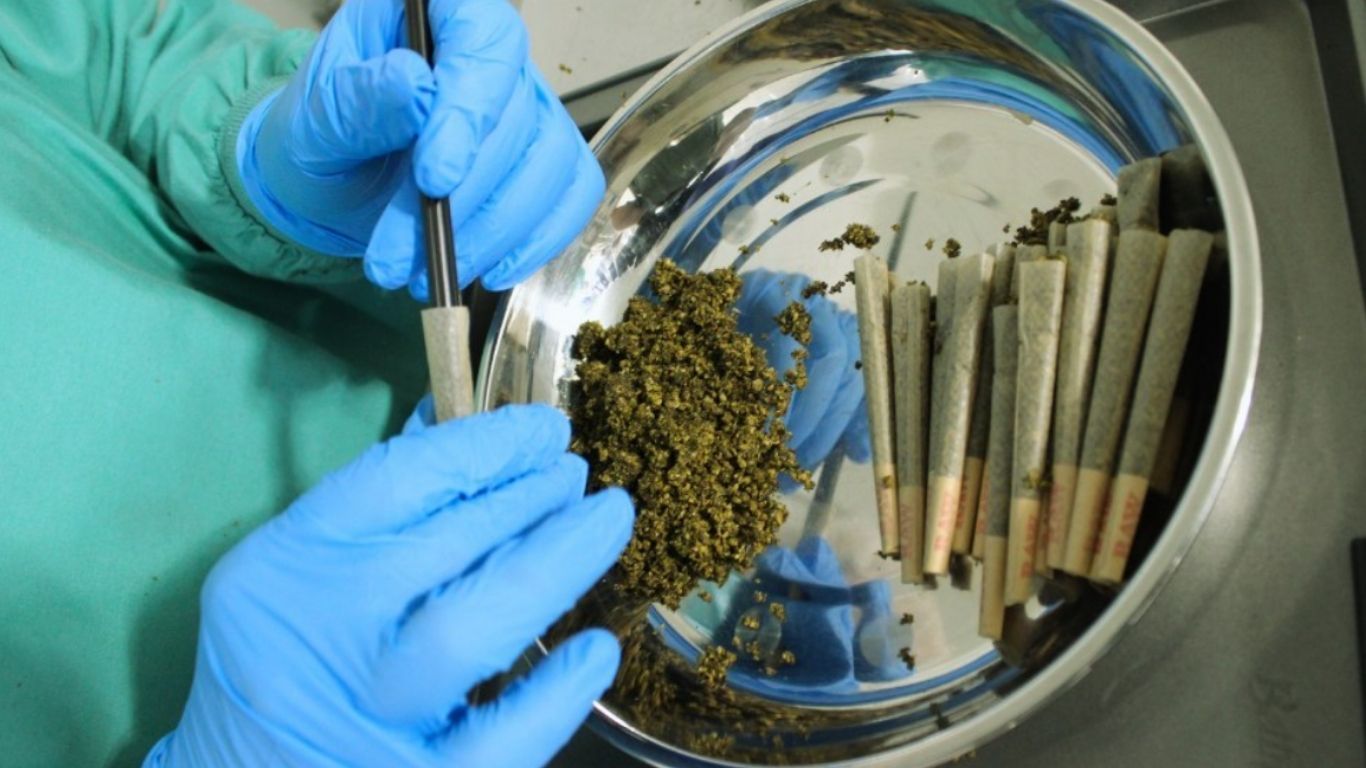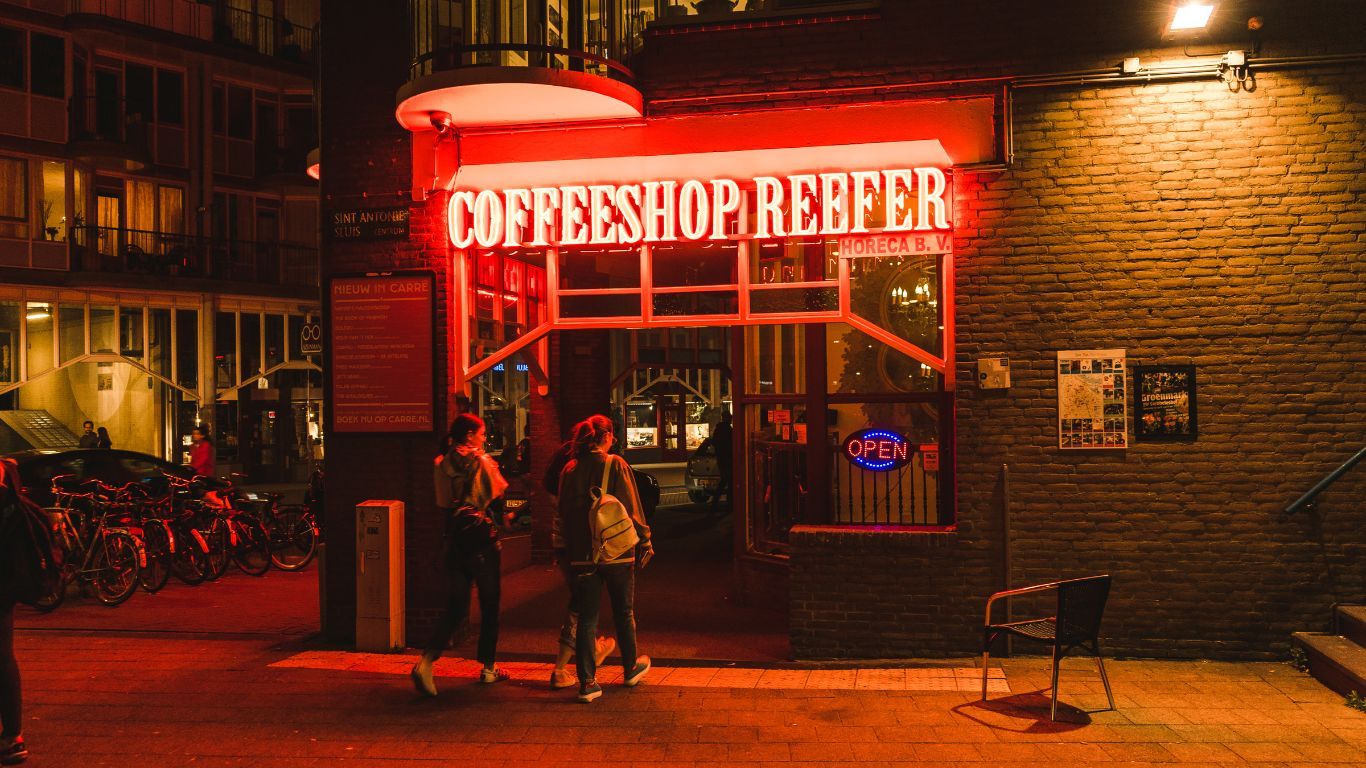
The Australian Senate voted to discontinue debating a cannabis legalization bill on Wednesday, November 27.
The legislation, Legalising Cannabis Bill 2023, was initially introduced at first reading in August 2023 by Australian Greens Senator David Shoebridge. The bill intended to establish a national framework for legalizing and regulating cannabis across Australia.
Following an hour of debate at the second reading on November 27, the Australian Senate voted 13-24 against continuing the bill. All eleven Green Senators, plus Independent Senators Lidia Thorpe and Tammy Tyrrell, voted for the bill.
The bill proposed to create an age of access of 18, allow growing up to six cannabis plants per home, and allow for retail sales in “cannabis cafes” that could also serve as outdoor consumption spaces. It included provisions for production and retail licences and proposed that any applicable fees for such licences would not apply to Indigenous Australians.
It also would have sought to establish a national agency, the Cannabis Australia National Agency, to regulate production and retail licences, import, export, and more. The agency would also have maintained a “Register of Cannabis Strains.”
In response to the bill’s failure to advance, Senator Shoebridge said “Labor and the Coalition once again teaming up to vote down law reform the community wants” in a post on social media platform X.
“We see so many positives with legalising cannabis. We don’t pretend the drug is without harm; we just know that legalising it will radically reduce the harm,” said Shoebridge in his closing comments during second reading of the bill. “We can see from North America, from Europe and from countries in our region that there are different ways of legalising cannabis, and our model understands the best evidence. We don’t want rampant advertising. We want to get rid of big pharma, big tobacco and big alcohol and have them play no part in this industry.”
Canada received specific mention in the debate as well, when an opposing Senator, Paul Scarr, argued—referencing a Deloitte study—that since the illegal cannabis market has not entirely disappeared from Canada, legalization doesn’t work.
“I want to address a few points which have been touched upon in the debate,” said Scarr. “The first is in relation to organised crime. We should be very clear that the evidence from overseas is to the effect that regulating the recreational use of cannabis and marijuana does not deal with the organised crime issue. We have the benefit in this place of looking at the lived experience in other jurisdictions, and I’ll refer to two of them. The first is Canada. I want to quote from a study which I refer to in my additional comments, in paragraph 1.25, Clearing the smoke: insights into Canada’s illicit cannabis market. It’s the study of the Canadian market, which involved data sourced from 624 legal private recreational cannabis stores and 57 illicit online stores between May and June 2023, so this is quite contemporary data.
The estimate for illicit players’ share of the market ranged from 25 percent to 52 percent. The illicit market, which is predominantly organised crime, accounts for somewhere between—and we don’t know—25 percent and 52 percent of the Canadian market.”
These figures are somewhat out of date and misleading, however, since such figures are difficult to estimate. In Statistics Canada’s most recent Canadian Cannabis Survey from 2023, about 73% of cannabis consumers reported purchasing their cannabis from a legal source, a number that has continued to increase since legalization.
Only 3%-5% of people in the survey who said they had used cannabis in the past year reported using an illegal or unlicensed purchase source.
About three-quarters of those who had used cannabis in the past 12 months (69%) reported in the survey that they ‘always’ obtain cannabis from a legal or licensed source, while 10% responded ‘mostly’, 6% responded ‘sometimes’, 6% responded ‘rarely’, and only 9% responded ‘never’.
Senator Shoebridge says his party will continue to work on legalizing cannabis in Australia despite the Senate’s rejection of his bill.

































